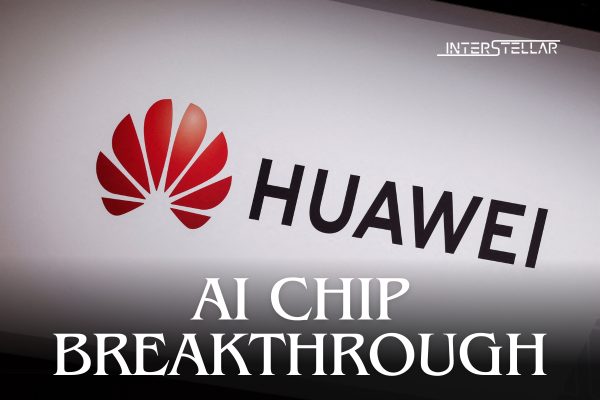Huawei to Begin Mass Production of Advanced AI Chips in 2025 Amid U.S. Curbs
Huawei plans to start large-scale production of its most advanced artificial intelligence (AI) chip, the Ascend 910C, in early 2025, despite facing challenges from US trade restrictions. Two sources familiar with the matter revealed that the Chinese telecoms giant has distributed chip samples to technology firms and started accepting orders.
The Ascend 910C is designed to compete with AI chips from US-based Nvidia. However, Huawei’s efforts are hindered by restrictions that affect the yield of its advanced chips, limiting their commercial viability.
U.S. Restrictions Impact Huawei’s Chipmaking Efforts
Washington has imposed strict curbs on Huawei, citing national security concerns. The restrictions prevent Huawei from accessing advanced lithography technology crucial for chip manufacturing. In response, Beijing has been pushing for self-sufficiency in semiconductor production.
The Ascend 910C chip is being manufactured by China’s Semiconductor Manufacturing International Corp (SMIC) using its N+2 process. However, the lack of extreme ultraviolet (EUV) lithography technology has limited the chip’s yield to just 20%. Industry experts say advanced chips require yields of over 70% to be profitable.
Huawei’s current flagship processor, the Ascend 910B, also faces production issues, with yields around 50%. This has forced the company to cut production targets and delay order fulfilments, leaving major clients, such as ByteDance, struggling to meet their needs.
A Tough Road Ahead for China’s Semiconductor Industry
US restrictions have also barred Chinese firms from purchasing advanced chipmaking equipment from Dutch firm ASML, further hampering progress. ASML has stopped shipping its cutting-edge deep ultraviolet (DUV) lithography machines to China, tightening the noose on its semiconductor industry.
To address these challenges, Huawei prioritises strategic orders from government and corporate clients. However, SMIC’s advanced chips are costly, priced up to 50% higher than international rivals, and their technology lags behind Taiwan’s TSMC.
TSMC, a key player in the global semiconductor market, has faced US pressure to halt shipments of advanced chips to Chinese companies, including Huawei. These restrictions underline growing tensions as Washington continues to impose tighter export controls targeting China’s tech ambitions.
With inputs from Reuters





